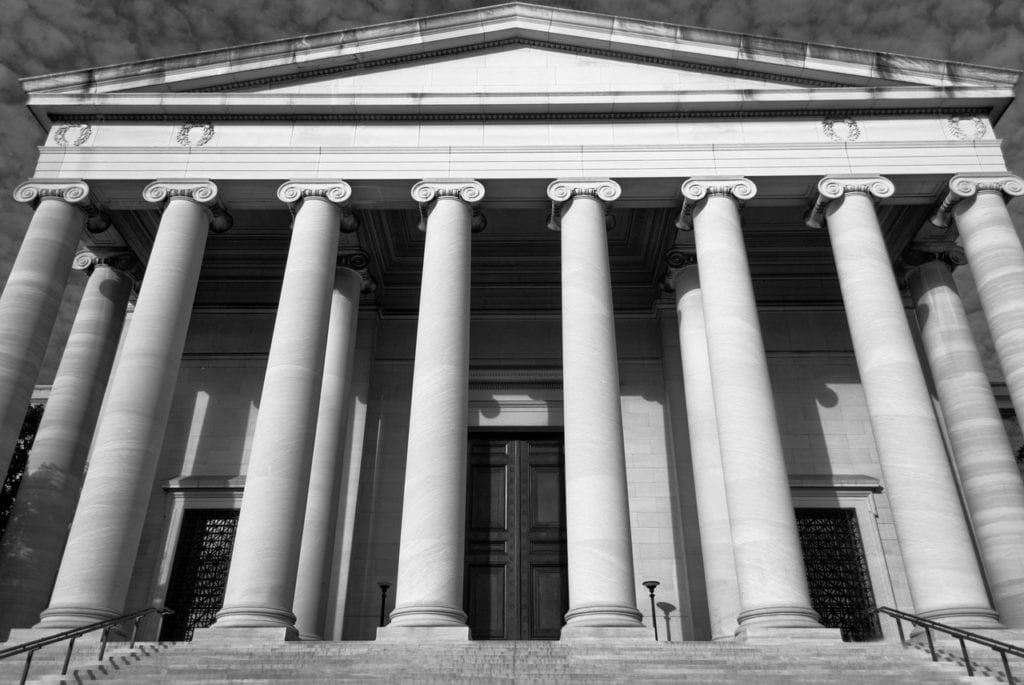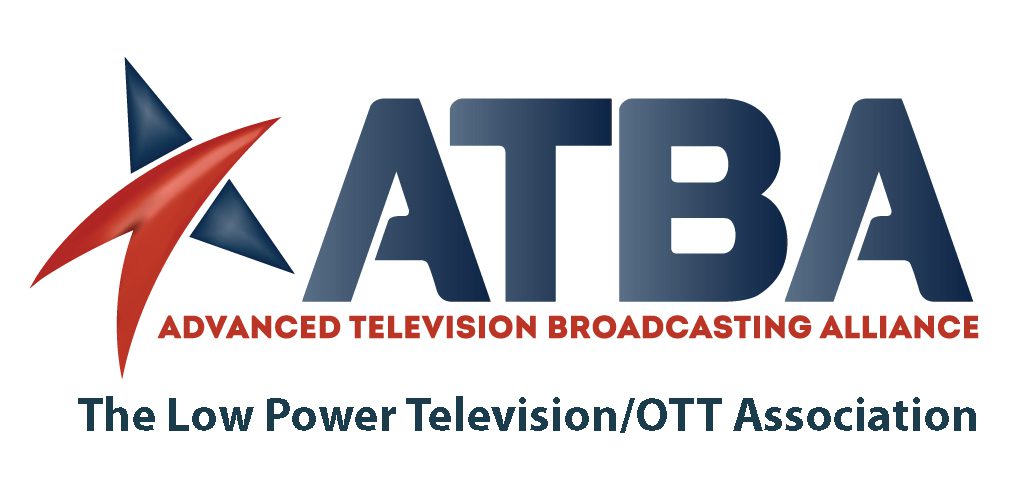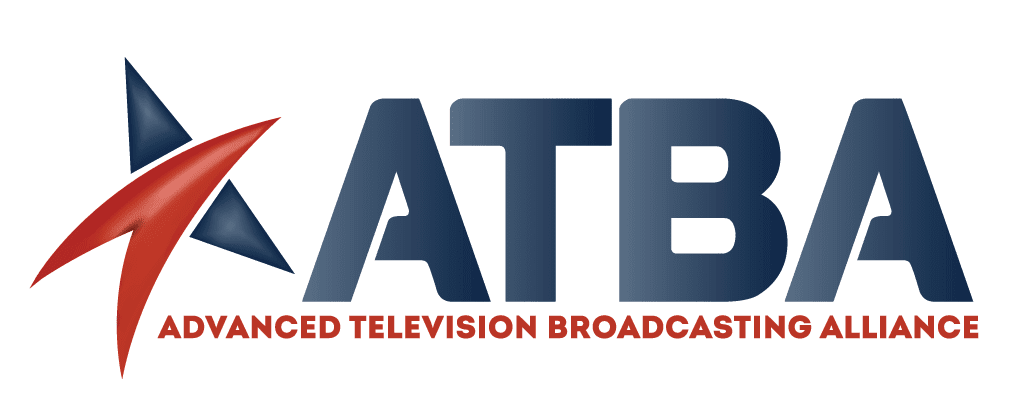 FAB v. FCC in District Circuit
FAB v. FCC in District Circuit
The Free Access & Broadcast Telemedia, LLC and five additional co-filers have challenged the FCC’s framework for the spectrum auction. This is the FAB’s second appeal to the US Court of Appeals for the District of Columbia Circuit. During their first appeal, the court ruled that two of the FAB’s co-filers lacked standing for the case.
In the first case, Word of God Fellowship, Inc., a co-filer, was denied standing because of its lack of participation in FCC proceedings before the final FCC orders setting the framework for the auction were issued. The FAB was ruled without standing because they did not own or have stake in an LPTV station.
The parties involved have challenged this ruling; the FAB believes the ruling does not abide by the congressional instruction that any aggrieved party can petition for review of an FCC decision. However, the standing should not come into question in this appeal because the FAB’s four co-filers hold LPTV licenses and activley participated prior to the FCC’s final orders.
The new appeal includes the same arguments presented in the first case, but the FAB has added two additional constitutional charges. Their original and present case claims the FCC’s move to force an LPTV station out of business without compensation is an unconstitutional endeavor under the Fifth Amendment. In addition, the FAB takes issue with the final Commencing Operations Order.
This order allows a wireless company with a newly-issued license to boot an LPTV station off the air without any intervention, review, or appeals allowed. The argument is that the order gives a private entity an unconstitutional delegation of congressional authority.
In its second addition to the appeals, the FAB claims the FCC is inflicting punishment without recourse to target entities by unlawfully turning its Spectrum Act into a Bill of Attainder, or an act in the name of Congress by its creations.
Find the full FAB appeals case II brief here.
FCC Spectrum Auction May Fall Short Of Initial Target
The trend in bidder behavior thus far at the spectrum auction does not bode well for the goal originally set by the FCC before the auction began. The financial conditions are lower than planned for.
Original hopes for the auction were $86.4 billion. The FCC arrived at this figure through an auction process soliciting licenses from broadcasters and continually dropping prices until a sufficient number exited the spectrum. However, after round 22, the bids are only at $21.4 billion. This is a foreboding prediction of the lengthy bidding process it will take to close this auction.
The FCC’s goal is to free up a large portion of the spectrum to be used for wireless internet, and the FCC won’t end the auction until the bids match up to a predetermined amount of spectrum licenses. A portion of the proceeds will go to broadcasters.
“I don’t think anyone expects this to go to $86 billion,” said Roger Entner, an analyst at Recon Analytics LLC, told Bloomburg BNA. “I am actually flabbergasted that people are still bidding, that they’re playing in this absurd theater trying to reach a number that they know they will not reach.”
 FCC Spectrum Auction Round 22 Results
FCC Spectrum Auction Round 22 Results
During round 22 of the FCC’s spectrum auction, the FCC raised prices from 5 percent per round to 10 percent. The resulting bids were $21.4 billion. This is a little over 4 percent from round 21.
The demand for spectrum space did not meet the 10 percent increase desired by the FCC. With a predicted $86 billion of total auction sales possibly not coming too soon, the FCC will need to draw this auction out in order to repay broadcasters for their moving and auction expenses.
Some bids, such as those in Dothan, Ala., did not even reach the raise in price the FCC set during round 22.
Round 23 will need to be much better if demand is ever expected to exceed supply.









